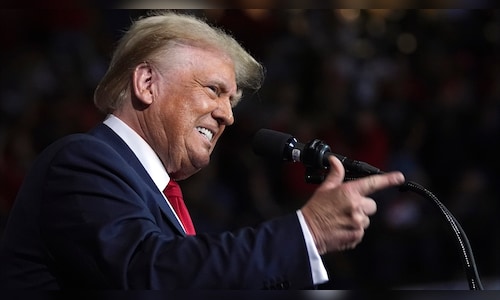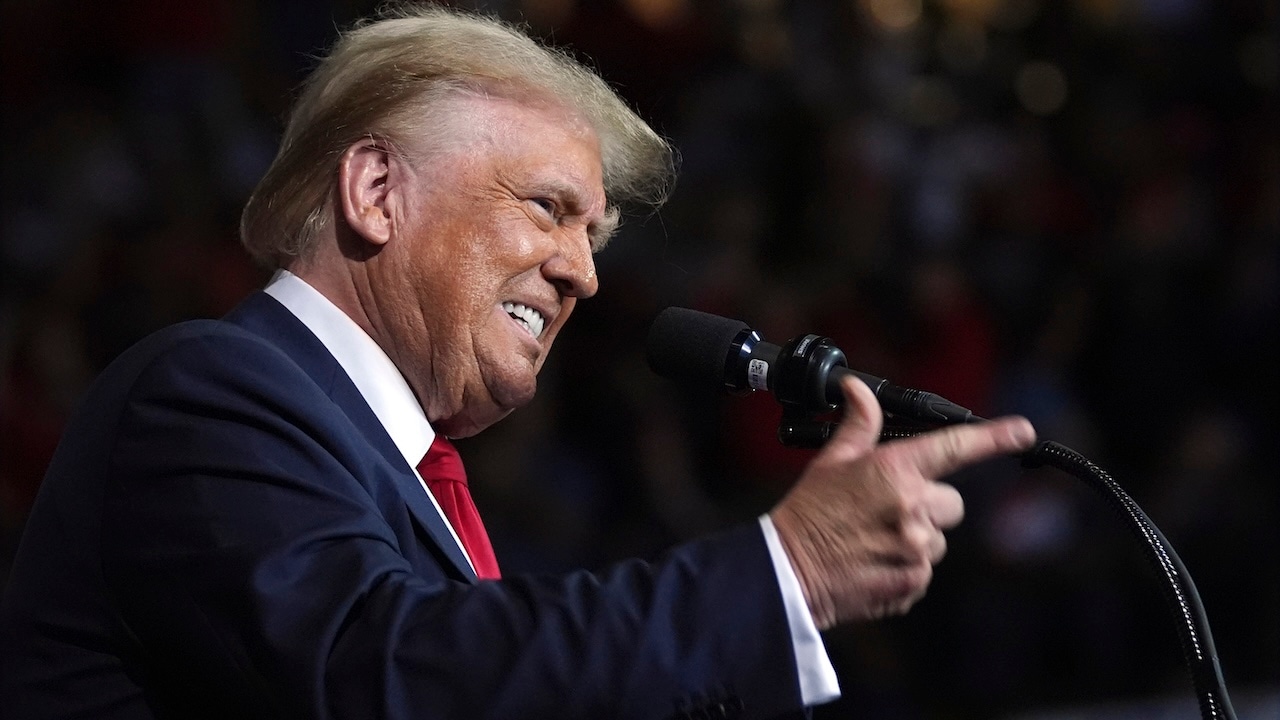

Trump, 78, faced 34 felony counts related to falsifying business records, with the charges stemming from a $130,000 payment to adult film actress Stormy Daniels during his 2016 campaign. Daniels alleged the payment was made to keep quiet about an affair with Trump—a claim he denies.
While the case aired sordid details and legal arguments for nearly two months, it did little to dent Trump’s political support. The Republican candidate was re-elected last November, cementing his political comeback.
Judge cites constitutional concerns in no-penalty sentence
Manhattan Judge Juan M Merchan sentenced Trump to an unconditional discharge, a rarity for felony convictions. The sentence imposes no jail time, fines, or probation and allows Trump to assume the presidency without legal complications.
Merchan acknowledged that while Trump’s actions merited conviction, his status as the incoming president required careful consideration of constitutional issues.
“Despite the extraordinary breadth of legal protections afforded to the president, those powers do not erase a jury verdict,” Merchan said.
Prosecutors criticise Trump’s remarks
Prosecutors supported the no-penalty sentence but criticised Trump for his persistent attacks on the judiciary. Assistant District Attorney Joshua Steinglass said Trump’s rhetoric has undermined the justice system and endangered legal officials.
“The once and future President of the United States has engaged in a coordinated campaign to undermine its legitimacy,” Steinglass argued, citing Trump’s repeated claims of a “witch hunt” and calls for retaliation against the judge and jury.
Trump maintains innocence
Speaking via video from his Florida home, Trump decried the trial as politically motivated. “It’s been a terrible experience,” he said. “This was a weaponisation of government—a political witch hunt—and it was done to damage my reputation. It didn’t work.”
Trump’s legal team has indicated plans to appeal the conviction, which cannot proceed until sentencing is complete. Attorney Todd Blanche reiterated the defense’s stance that the case should not have been brought.
A historic presidency ahead
The case concludes as Trump prepares to take office, but the legal saga underscores his polarising impact on American politics. Trump’s attorneys argued that the Supreme Court’s July ruling on presidential immunity should have prevented key evidence from being admitted, but those efforts ultimately failed.
Trump now becomes the first convicted felon to assume the presidency, adding another chapter to his unprecedented political journey.
Legal background of the case
The charges, brought by Manhattan District Attorney Alvin Bragg, stem from allegations that Trump falsified business records to conceal reimbursements to his former attorney, Michael Cohen, who paid Daniels. While prosecutors argued the payment was meant to influence the election, Trump maintained it was intended to protect his family.
The hush money case is the only one of four criminal indictments against Trump to go to trial. Other cases, including federal investigations into classified documents and alleged efforts to overturn the 2020 election, have stalled or been dismissed.
What’s next for Trump?
With Friday’s sentencing, the Manhattan case is effectively closed, allowing Trump to focus on his presidency. Outside the courthouse, supporters and critics held dueling demonstrations, underscoring the sharp political divide surrounding the former president.
As Trump prepares for inauguration, legal experts and political analysts will continue debating the implications of this historic case—and the precedent it sets for future leaders.
With inputs from agencies



